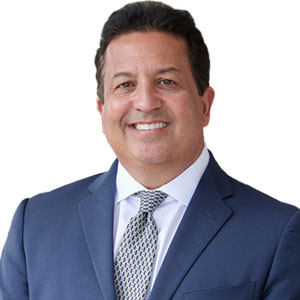Physician Extenders
What does Physician Extenders mean?
A physician extender is a health care professional with extensive advanced degrees and medical training who provides health care under the supervision of a doctor. A physician extender can include nurse practitioners and physician assistants. A physician extender can provide services such as diagnosing conditions, ordering tests, developing treatment plans, and writing prescriptions.
According to doctors, the role of the physician assistant and the nurse practitioner has increased in importance, especially given the aging population. Physician extenders generally have a bachelor's and master's degree. For instance, a nurse practitioner must have completed a registered nursing degree as a part of a bachelor's degree. They also must be licensed in their specialty area and be state certified.
Physician extenders have similar philosophies as other medical providers and doctors: they focus on providing individualized care for each patient, give the patient the right information to prevent illness and provide counseling to the patient and the patient's family as needed.
Experts also argue that a physician extender generally has a holistic approach to patient care, and they may have a strong ability to help their patient's understand their condition and how it may impact their family. Consider, because physician extenders have so much contact with their patients and provide such extensive care, their exposure to lawsuits is high.
Lawyers near
Term of the Day
Medical evidence
Medical evidence is information gathered by the SSA from a claimant\'s treating sources.Category: Disability






